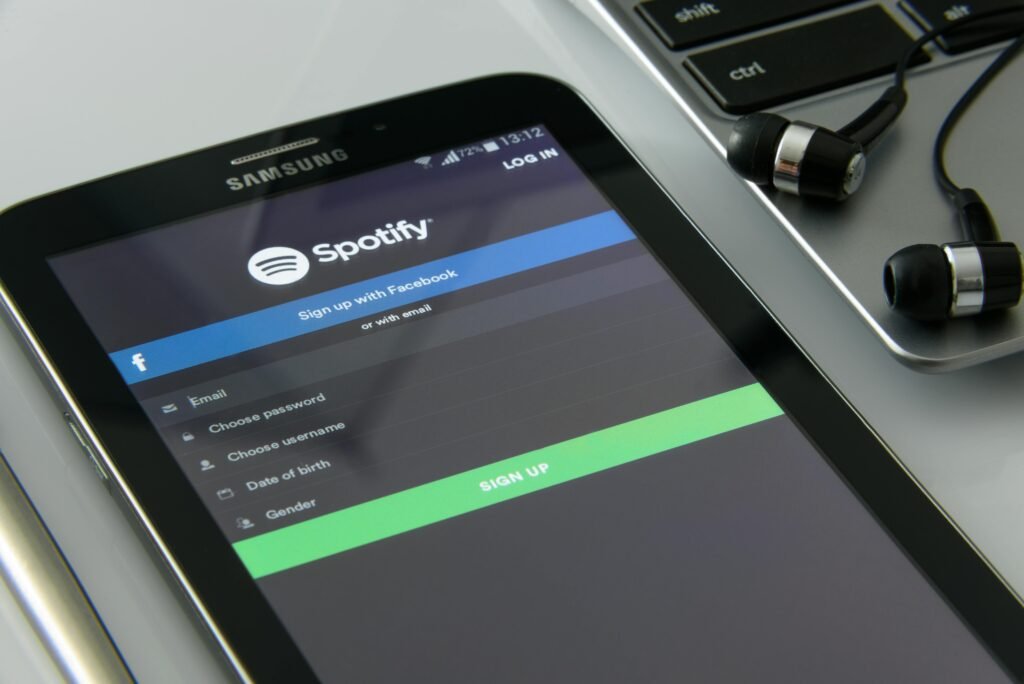Spotify, the world-renowned music streaming service, has recently discontinued its first-ever hardware product, Spotify’s “Car Thing”. This move has generated significant attention and mixed reactions among consumers. This article delves into the details of the discontinuation, the refund process, the consumer response, and the broader implications for the tech industry.
Introduction to “Car Thing”
“Car Thing” was launched as Spotify’s innovative attempt to integrate its streaming service more seamlessly into the driving experience. The device, initially available on a limited release basis in April 2021, allowed users to control Spotify in their cars using a touch-screen interface and voice commands. It provided a dedicated Spotify interface for vehicles that lacked modern infotainment systems like Android Auto and Apple CarPlay.
The device officially became available to the general public in February 2022, retailing for $89.99. Despite its potential, the “Car Thing” faced an uphill battle in a market saturated with established in-car entertainment options. By July 2022, Spotify announced it was halting production of the device, and in May 2024, the company informed customers that all Car Thing units would cease functioning by December 9, 2024.
Reasons for Discontinuation
Spotify cited the need to “streamline” its product offerings as the primary reason for discontinuing the Car Thing. In an official statement, the company explained that ending support for the device would allow it to focus on developing new features and enhancements that would benefit all Spotify users. However, this rationale did not satisfy many users who had invested in the product.
Consumer Reaction
The announcement of the discontinuation was met with considerable backlash from consumers. Many users expressed frustration and disappointment over the short lifespan of the product. The news that the device would be rendered completely non-operational, effectively turning it into electronic waste, exacerbated the dissatisfaction. Consumers felt that they had been misled and that their investment in the device was not honored appropriately.
This sentiment was echoed in various online forums and social media platforms. Users argued that purchasing a product for nearly $90, only to have it become obsolete within a couple of years, was unacceptable. The dissatisfaction was further fueled by the initial lack of clarity regarding refunds or compensation.
Refund Process and Legal Actions
In response to the growing outcry, Spotify announced a refund process for Car Thing buyers. Customers who had purchased the device would be eligible for a refund, provided they returned the device in its original condition along with all accessories and packaging. This policy aimed to mitigate some of the negative feedback and restore consumer trust.
However, the refund process itself posed challenges. Many users found the return conditions cumbersome, and some reported difficulties in obtaining clear instructions from Spotify on how to proceed with their returns. Additionally, legal experts and consumer advocacy groups highlighted potential issues with Spotify’s approach. There were concerns about whether the company had fulfilled its obligations to customers and whether the refund process was being handled fairly and transparently.
As a result, there have been discussions about potential class-action lawsuits. Legal analysts pointed out that Spotify’s handling of the Car Thing discontinuation could set a precedent for how tech companies manage the end-of-life process for their hardware products.
Broader Implications for the Tech Industry
The discontinuation of Car Thing and the subsequent fallout have broader implications for the tech industry. It underscores the importance of clear communication and customer support when a product is discontinued. Moreover, it highlights the challenges associated with introducing new hardware products in a competitive market.
Several lessons can be drawn from Spotify’s experience with Car Thing
- Clear Communication: Companies need to communicate clearly and transparently with their customers about product lifecycles and potential discontinuations. This includes providing advance notice and detailed information about the reasons for discontinuation.
- Customer Support: Offering robust customer support during the discontinuation process is crucial. This includes having a straightforward refund or compensation process and ensuring that customers can easily access assistance if needed.
- Sustainability Considerations: The tech industry faces increasing scrutiny regarding the environmental impact of electronic waste. Companies should consider offering recycling programs or other sustainable options for discontinued products.
- Product Viability: Before launching a new hardware product, companies need to thoroughly assess its market viability and potential longevity. This includes understanding the competitive landscape and ensuring that the product offers unique value to consumers.
Comparison with Other Tech Companies
Other tech companies have managed product discontinuations more effectively. For example, Amazon’s handling of its Halo fitness tracker provides a contrast to Spotify’s approach. When Amazon decided to stop producing and supporting its Halo products, it notified users in advance, offered refunds for recent purchases, and provided options for recycling the devices. This approach minimized consumer dissatisfaction and addressed environmental concerns.
Similarly, Ecobee, a company known for its smart thermostats, managed the discontinuation of its first-generation product by stopping feature updates and support while ensuring that the device would still function for its primary purpose. Ecobee also offered discounts on new products to affected customers, demonstrating a commitment to customer satisfaction.
Future Outlook for Spotify
Looking ahead, Spotify’s experience with Car Thing serves as a critical learning opportunity. The company is likely to be more cautious with future hardware ventures and may focus more on its core strengths in software and streaming services. Spotify’s ability to navigate the challenges posed by the Car Thing discontinuation will influence its reputation and customer trust going forward.
To regain consumer confidence, Spotify will need to demonstrate a commitment to transparency, customer support, and sustainability. This includes effectively managing the refund process for Car Thing buyers and ensuring that similar issues do not arise with any future products.


